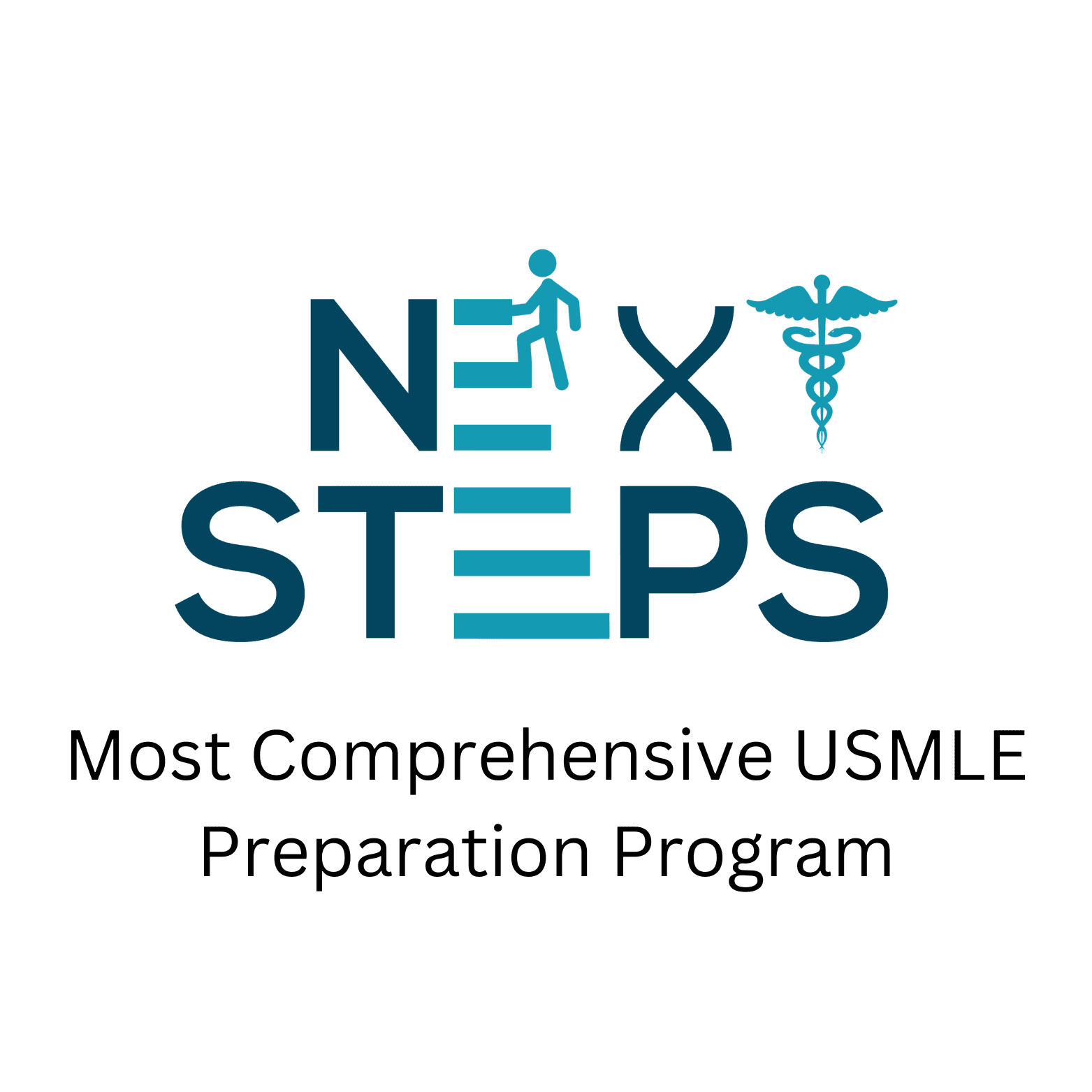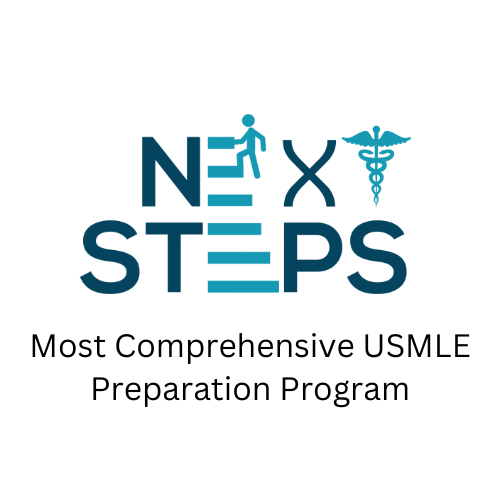The journey to securing a residency position through the USMLE Match is complex and multifaceted, with several key components playing critical roles in the success of an applicant. Among these, the Curriculum Vitae (CV) stands out as a fundamental piece of the application puzzle. But how important is the CV for the USMLE Match Residency, and what can you do to ensure your CV makes a strong impact? This blog will explore the significance of the USMLE CV and offer tips on crafting a compelling document.
The Role of the CV in the Residency Application
The CV is more than just a list of your educational and professional achievements; it is a comprehensive snapshot of your medical journey, skills, and experiences. It serves several crucial functions in the residency application process:
- First Impressions
- Introduction to Program Directors: Your CV is often the first document that program directors and residency committees review. It provides a quick overview of your background and qualifications.
- Snapshot of Your Career: It allows reviewers to assess your academic history, clinical experiences, research involvement, and extracurricular activities at a glance.
- Detailed Overview of Qualifications
- Educational Background: Highlights your medical school education, including significant achievements and honors.
- Clinical Experience: Details your hands-on clinical experiences, both in your home country and in the U.S., which are crucial for IMGs.
- Research and Publications: Showcases your contributions to medical research, including any publications, presentations, and projects.
- Assessment of Suitability
- Skills and Competencies: Demonstrate the skills and competencies you have acquired, which are pertinent to the residency program.
- Consistency and Commitment: Reflects your consistent efforts and long-term commitment to the field of medicine.
What Makes a Strong CV?
Given its importance, a well-crafted CV can significantly enhance your application. Here are key elements that make a strong CV:
- Clarity and Organization
- Clear Structure: Use headings and subheadings to organize information logically. Common sections include Education, Clinical Experience, Research, Publications, Honors and Awards, and Extracurricular Activities.
- Concise Descriptions: Provide clear and concise descriptions of your roles and responsibilities in each position. Avoid overly lengthy narratives.
- Relevance
- Tailored Content: Highlight experiences and achievements that are most relevant to the specialty you are applying for. Tailor your CV for different programs if necessary.
- Emphasis on Clinical Experience: For residency applications, prioritize clinical experiences, especially those in the U.S., as they demonstrate your ability to navigate the U.S. healthcare system.
- Quantifiable Achievements
- Specific Metrics: Where possible, include specific metrics and outcomes to quantify your achievements. For example, mention the number of patients you treated, procedures performed, or research findings.
- Professionalism
- Formal Tone: Maintain a formal and professional tone throughout the CV. Avoid casual language or unprofessional descriptions.
- Error-Free: Ensure your CV is free of spelling, grammar, and formatting errors. Consider having a mentor or professional review your CV.
Tips for Crafting an Effective CV
- Start Early
- Ongoing Updates: Start building your CV early in your medical education and update it regularly. This ensures you don’t miss out on recording important experiences and achievements.
- Seek Guidance
- Mentorship: Seek guidance from mentors, advisors, or peers who have successfully matched. They can provide valuable feedback and insights on improving your CV.
- Highlight US Clinical Experience (USCE)
- Importance for IMGs: For IMGs, USCE is particularly critical. Highlight any externships, clerkships, or volunteer positions in the U.S., and emphasize the skills and knowledge gained from these experiences.
- Focus on Research and Publications
- Academic Contributions: Research experience and publications are highly valued in many residency programs. Highlight your contributions to research projects and any publications or presentations.
- Detail Extracurricular Activities
- Holistic Development: Include extracurricular activities that showcase your leadership, teamwork, and community involvement. These activities demonstrate your well-rounded character and dedication beyond academics.
- Tailor for Specific Programs
- Customized CVs: If you are applying to different specialties or specific programs, tailor your CV to highlight the most relevant experiences and qualifications for each one.
Conclusion
In the highly competitive arena of the USMLE Match, your CV is a critical document that can significantly influence your chances of securing residency interviews. It provides a comprehensive overview of your medical journey, skills, and experiences, serving as an essential tool for program directors to assess your suitability. By ensuring your CV is clear, well-organized, relevant, and professionally presented, you can make a strong impression and enhance your overall application. Start early, seek guidance, and continually refine your CV to reflect your best self. With a strong CV, you can navigate the residency application process with greater confidence and success.





